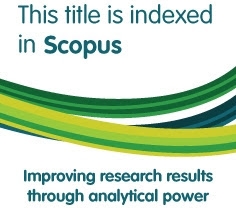Ikhtilāf al-Ṭabī‘ah al-‘Ilmīyah al-Islāmīyah bayna Manāṭiq al-Sāḥil al-Shimālī wa al-Manāṭiq al-Dākhilīyah li Jāwah al-Wusṭá fi al-Qarn 15-17 al-Mīlādī
Abstract
The propagators of Islam in the north coast of Central Java in the 15th - the 17th centuries have successfully demonstrated legalistic character of the Islamic knowledge. However, the influence of Shaykh Siti Jenar’s teachings and the Hinduism that deeply rooted among the Javanese as well as the slowly spread of Islamic knowledge in the rural Central Java have contributed to the inequalities of Islamic understanding. Therefore, the Islamic knowledge in this area becomes more syncretistic and heterodox or it is known as kejawen. With the increase of Muslims in the archipelago who study Islam to the center of Islam in Mecca, Madina, and Egypt, the universal Islam is more understood and disseminated in the translation works of the scholars. This further reduces the local character of Java contained in kejawen teachings and in contrary strengthens the orthodox Islam.
Full Text:
PDFDOI: https://doi.org/10.15408/sdi.v19i2.364
Refbacks
- There are currently no refbacks.

All publication by Studia Islamika are licensed under a Creative Commons Attribution-NonCommercial 4.0 International License.
Studia Islamika, ISSN: 0215-0492, e-ISSN: 2355-6145
View My Stats
